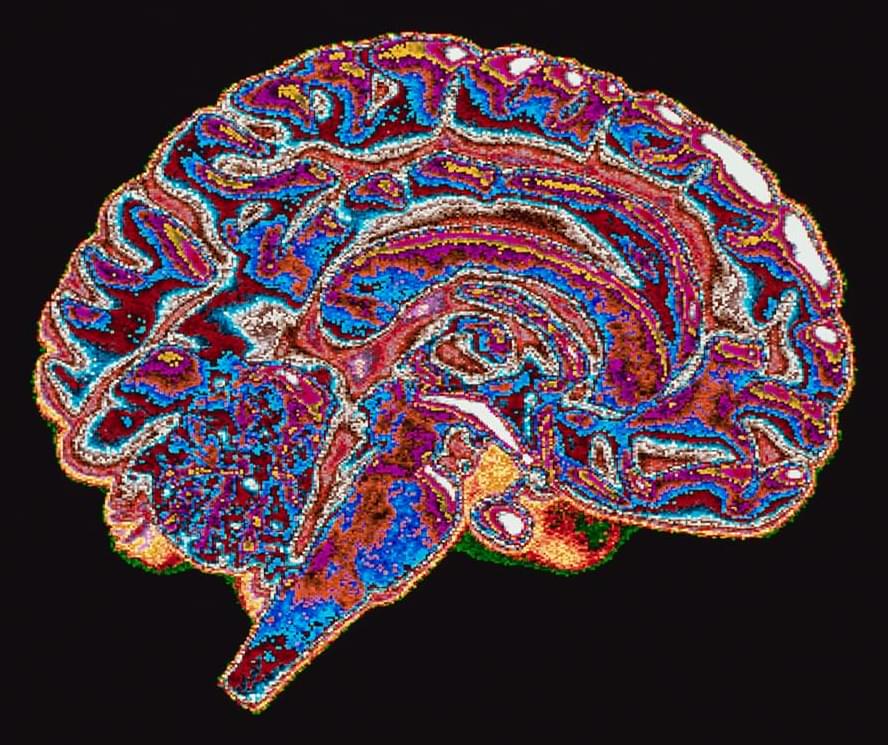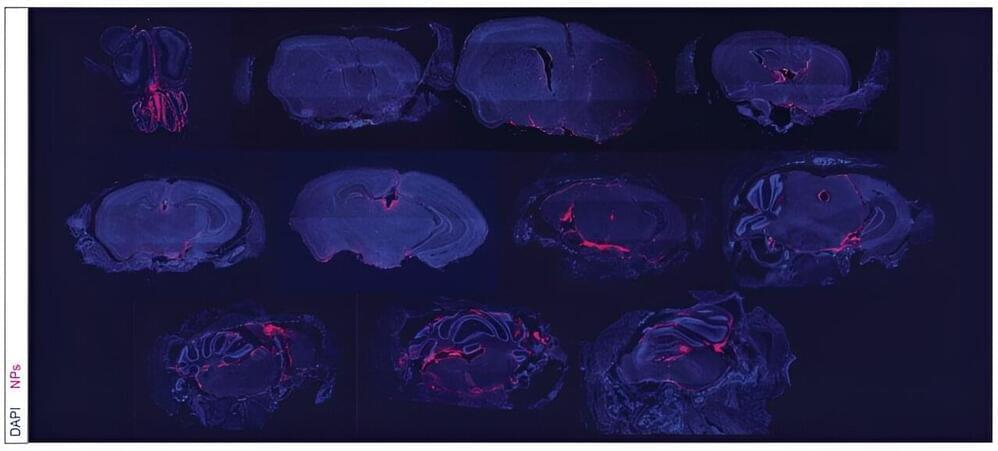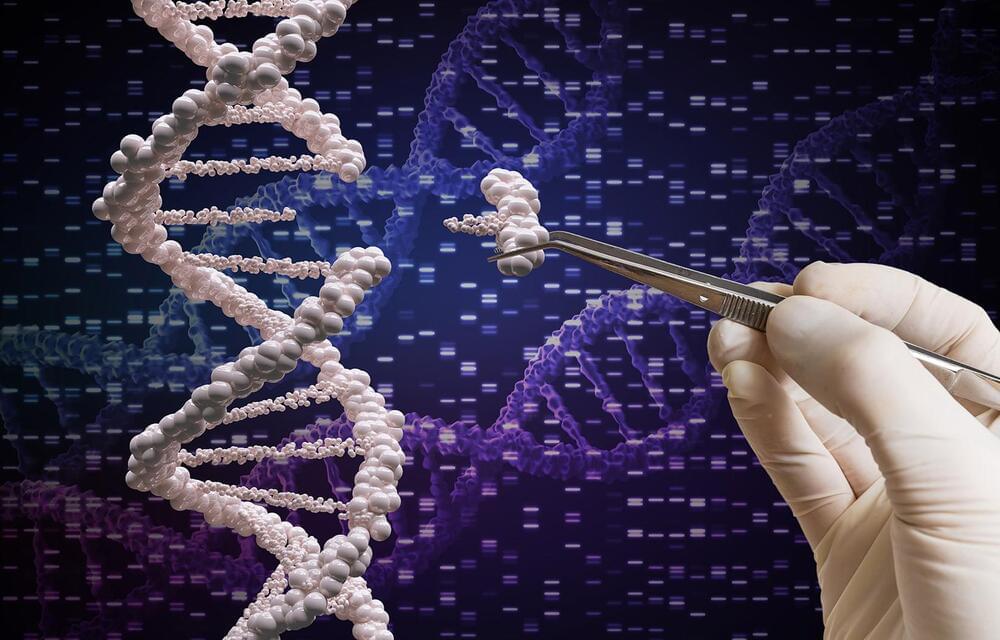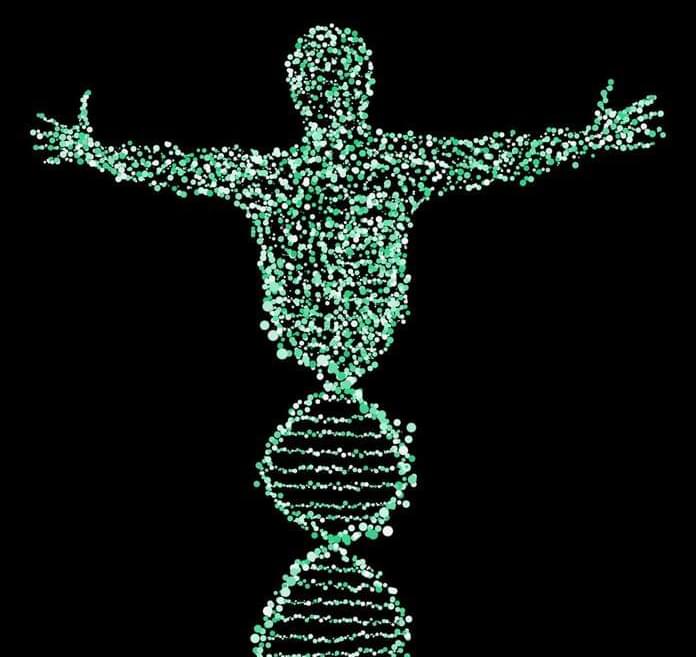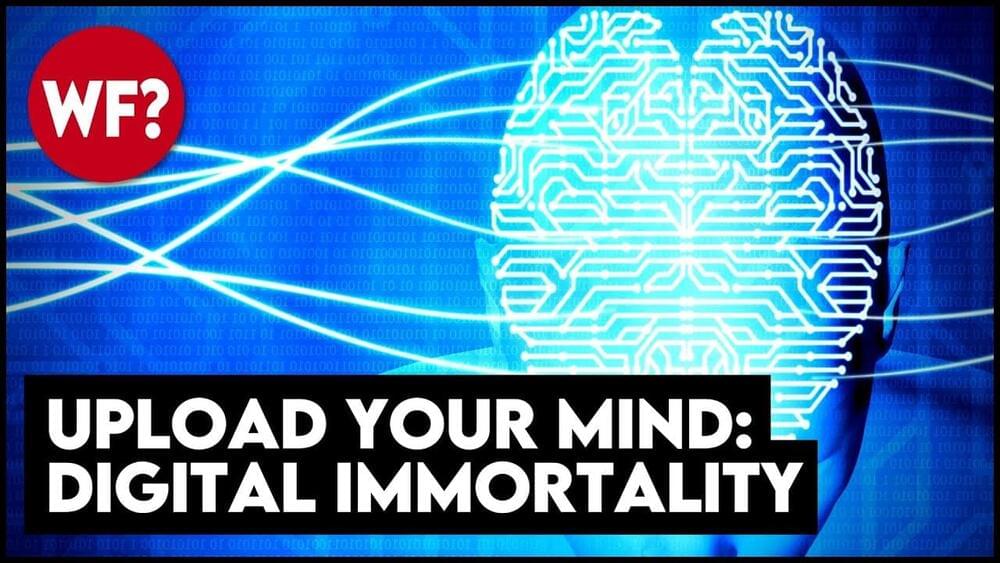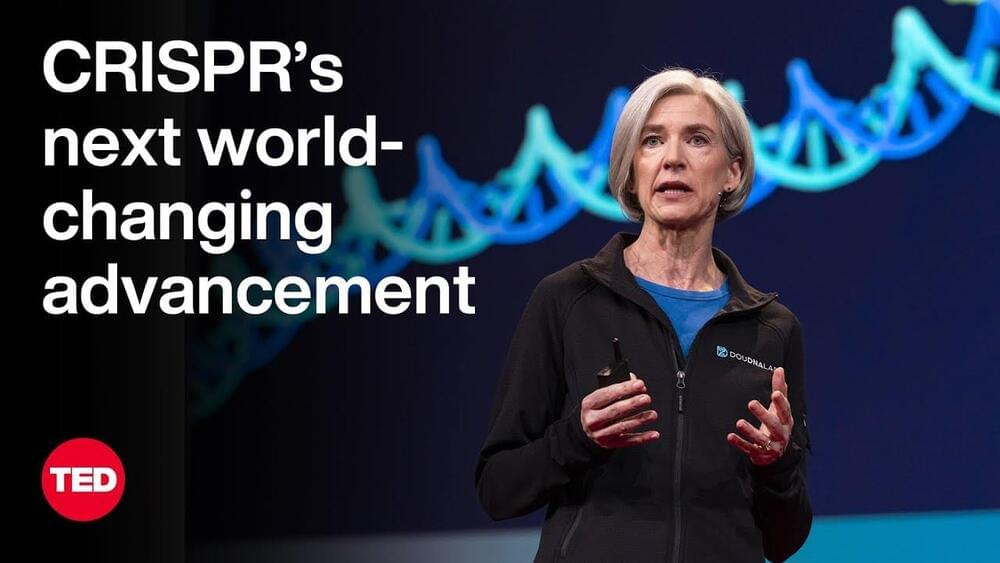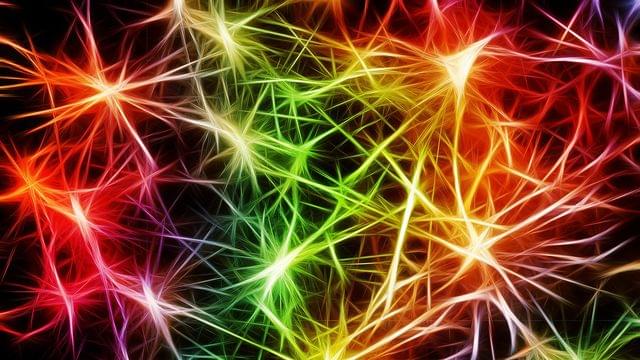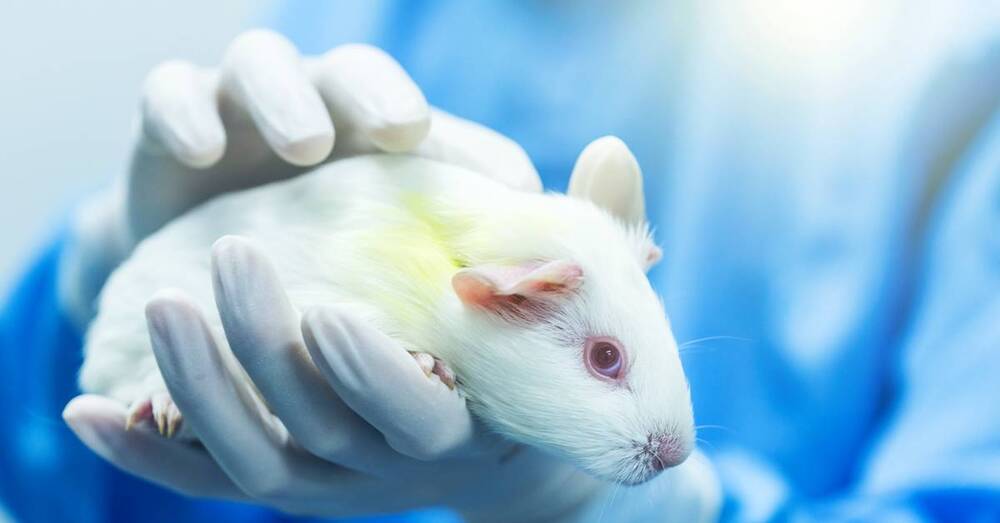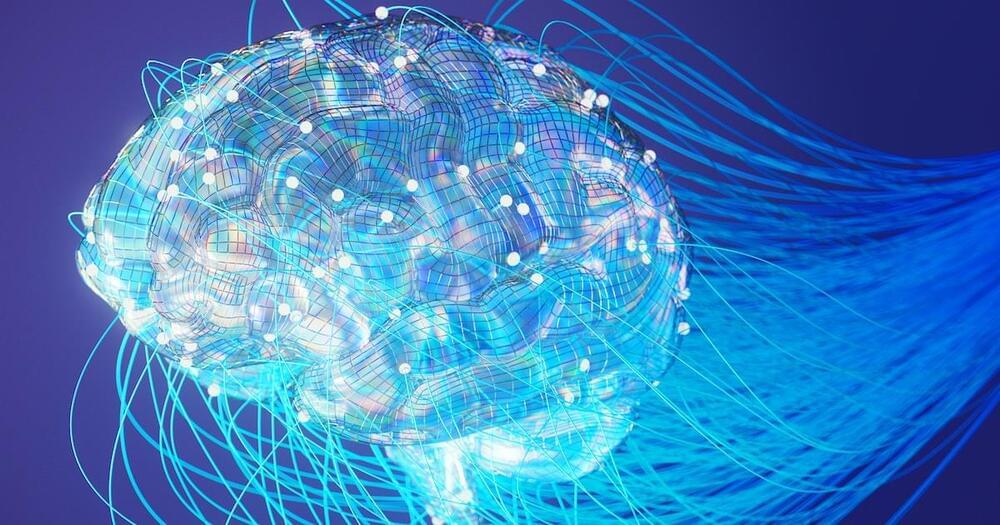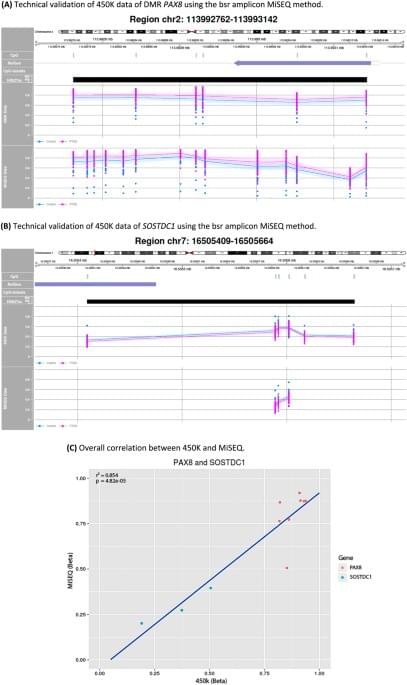
In this study we aimed to detect epigenetic and genetic loci associated with PTSD in a homogeneous cohort of traumatized police officers. Both a genome-wide and hypothesis-driven replication approach did not result in DMPs between PTSD patients and trauma-exposed controls. GSE analysis on the top 100 DMPs showed, however, a plausible association of the dopaminergic neurogenesis pathway with PTSD. Furthermore, we observed one DMR located at the PAX8 gene suggesting consistent hypermethylation in PTSD patients. Genetic analyses yielded three CpG-SNPs significantly associated with PTSD. Of these, one CpG-SNP, located at the CACNA1C locus, was also significantly associated with PTSD in an independent replication sample of trauma-exposed children. Notably, this result shows that the Illumina 450K array is not restricted to epigenetic surveys but can provide informative genetic data as well.
Although our sample was small, it was highly homogenous as all participants were former or current police officers, and cases and controls were matched for sex, age, education, and years of police service. All participants reported multiple prior traumatic events, without significant group differences in reported types of traumatic experiences. PTSD patients fulfilled current diagnostic criteria for PTSD, while our trauma-exposed controls had minimal PTSD symptoms and did not report lifetime PTSD or other trauma-related psychiatric disorders. Thus our controls were apparently resilient to adverse mental health outcome of trauma. This study design, including extreme phenotypes following similar trauma load, was considered to favor detection of PTSD-associated loci, as also suggested by others [22]. Nevertheless, our genome-wide survey clearly remains limited in statistical power.
